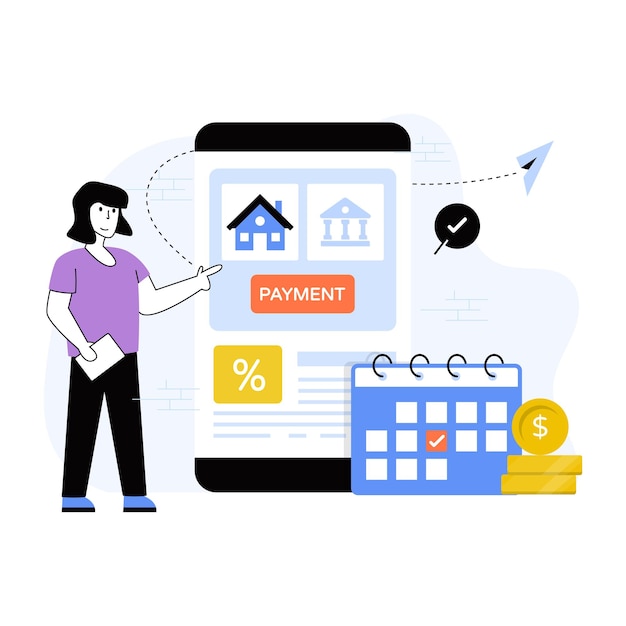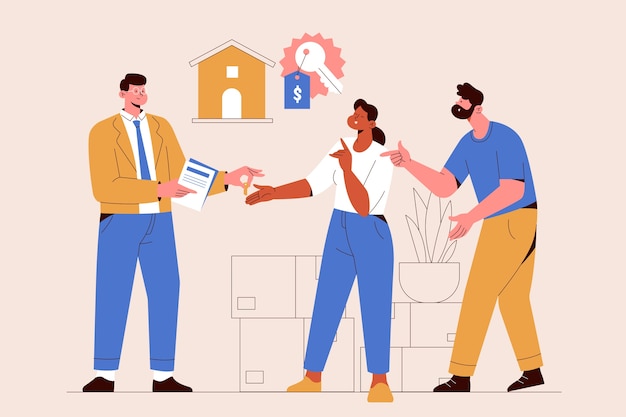
You’ve probably seen numerous advertisements featuring celebrities marketing the advantages of a reverse mortgage. If you’re nearing retirement, these ads may start to seem appealing, but selecting a mortgage requires diligent attention.
The allure of a reverse mortgage lies in the promise to enable elderly homeowners (those above 62 years of age) to unlock their home equity without resorting to renting or selling their property. Unlike conventional mortgages, a reverse mortgage involves the bank or lender remitting payments to you every month.
However, bear in mind that this is still a loan. Neither do repayment obligations vanish while homeowners continue to occupy the house, nor does the requirement to eventually repay the money borrowed. On the surface, as an additional source of income, a reverse mortgage appears to be an excellent idea but dig deeper to determine its true nature.
Before you settle on a reverse mortgage, consider these seven reasons why obtaining one may not be a wise move.
1. PROSPECT OF FUTURE CARE REQUIREMENTS
As we age, there may come a time when we need assistance. While a reverse mortgage is viable as long as you continue to reside in your home, anticipate the eventuality of having to relocate to a nursing or an assisted living home. Should that circumstance arise, you’d be compelled to repay the reverse mortgage loan. Managing such massive expenses could prove overwhelming and may lead to homelessness.
2. HIGH COSTS
Despite reverse mortgages appearing as an attractive supplement, they are remarkably expensive. The accrued fees could exceed 10% of your loan amount, mitigating the supposed benefit of the mortgage. They come with extra regulations and hence additional associated costs that may offset the apparent advantage.
3. ACCRUING INTEREST
Given you’re not making any payments initially, it may seem as though interest doesn’t apply. That, however, is misleading as the bank or lender will eventually charge interest on the outstanding amount, which compounds annually. Neglecting to repay your loan can result in escalating debt and potentially larger costs down the line.
4. ADVERSE EFFECT ON BENEFITS
Government-given benefits such as Medicare and Social Security are inviolable. However, enrolling in Medicaid could be jeopardized if your income from the mortgage surpasses the permissible limit. It’s therefore crucial to review the conditions of your benefits before considering a reverse mortgage.
5. REDUCED LEGACY FOR HEIRS
If you intend to bequeath significant assets, including home equity, to your descendants or relatives, a reverse mortgage may not be the ideal option. Not only does it reduce your home’s equity, it also increases your debt. Additionally, registering for a competitive mortgage could forfeit your heirs’ inheritance if the loan remains unpaid after your demise.
6. COHABITATION CONCERNS
If you share your residence with a relative, friend, tenant, or spouse, it’s crucial to ponder their living arrangements in your absence, especially if they don’t qualify for inclusion in the mortgage agreement. This can cause significant problems if something were to hamper your living situation.
7. RISK OF HOME LOSS
Lenders often promote the idea that a reverse mortgage guarantees lifelong residency in your home. However, considering your retirement income, meeting obligations such as property taxes, home insurance, and repair costs might become unmanageable even with the additional income from the reverse mortgage, running the risk of losing your home.
Just like many deals seen on advertisements appear more glamorous than they are, there’s more to a reverse mortgage than meets the eye. Deciding to sign up for a reverse mortgage may have far-reaching repercussions on your personal finances and your family.
Before taking this path, reflect thoroughly on whether the advantages outweigh the pitfalls. If not, it might be wiser to amend your lifestyle instead.
Do you know anyone who has taken out a reverse mortgage, and did it improve or worsen their circumstances? Please share on SmartAsset.com.


